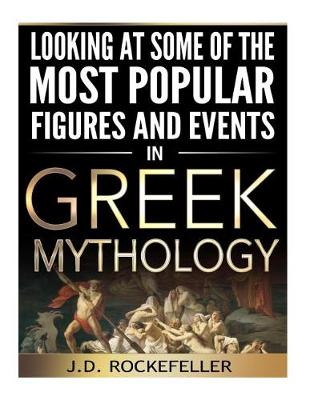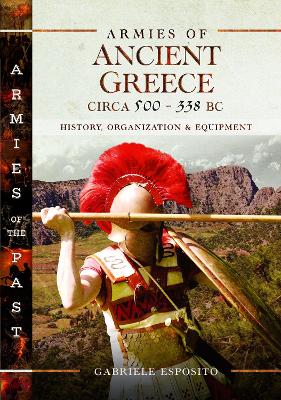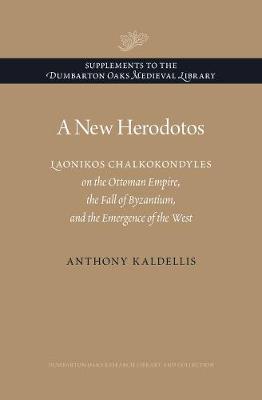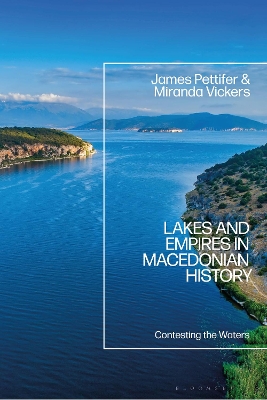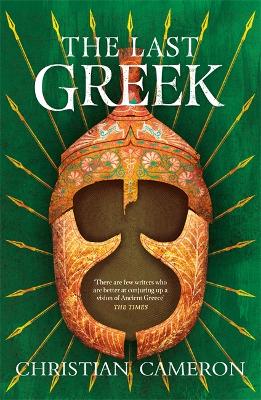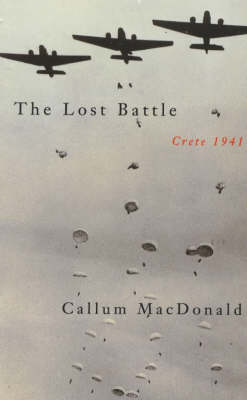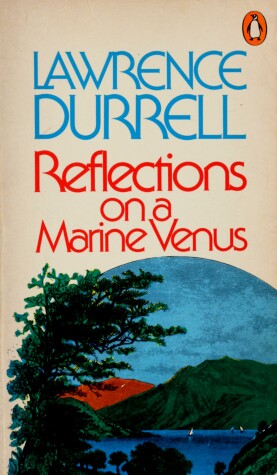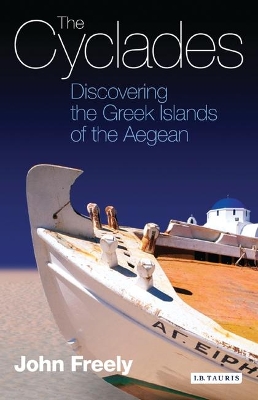Citizenship and the Nation State in Greece and Turkey brings together papers on a transdisciplinary dialogue on nation formation in Greece and Turkey as successor states of the Ottoman Empire, and on aspects of civil society in the two countries. The volume is divided into two parts: 'Empire and Nation-State' and 'Nation and Civil Society' and covers issues such as Turkish and Greek nationalism, the formation of the Greek State, the impact of the Greek War of Independence in transforming the Ot...
Looking at Some of the Most Popular Figures and Events in Greek Mythology
by J D Rockefeller
Conflict was rife among the Greeks of the Classical period, including some of the most famous wars and battles of the whole ancient period, such as the defeat of the Persians at Marathon, the Spartans' heroic last stand at Thermopylae, the gruelling Pelopponesian War and the epic March of the Ten Thousand. The Greek heavy infantry spearmen, or hoplites, are one of the most recognizable types of ancient warrior and their tighly-packed phalanx formation dominated the battlefield. Covering the peri...
A New Herodotos (AMERICAN CULTURAL HISTORY COMP 2V) (Supplements to the Dumbarton Oaks Medieval Library - HUP)
by Anthony Kaldellis
For courses in Medieval Art. Extensively illustrated in full color throughout, this text explores the extraordinary world of Byzantium in all its grandeur and complexity—surveying Byzantine art within a broad cultural and historical context. Part of the Prentice Hall Perspectives Series co-published by Prentice Hall and Harry N. Abrams, Inc.
If ever a city's present were bound up in the myth of its past, that city is Athens. Robin Waterfield sees its phenomenal fifth century rise and fall as the greatest of all Greek tragedies: a paradigm whose impact on European civilization has been profound. In this vivid, panoramic history he continues the story through 1,500 years of obscurity to Athens's Renaissance and Romantic revivals, and on to the triumphs and adversities of the chaotic, enchanting present-day city. 'Waterfield's Athens...
Lakes and Empires in Macedonian History
by James Pettifer and Miranda Vickers
Lakes and Empires in Macedonian History: Contesting the Waters tells the story of Psarades, a lakeside village in Macedonian Greece on the shores of the Prespa lake. This village, which is in many ways a completely typical Greek settlement and yet remains unconventional in its way of life, embodies the many contradictions of modern history and in exploring its roots James Pettifer and Miranda Vickers skilfully uncover the wider social, cultural and political history of this lake region. Drawing...
Few writers are better at conjuring up a vision of Ancient Greece' THE TIMES* * * * * * *210BCE. The most powerful empires in the world brawl over the spoils of a declawed Greece.Philopoemen has a vision to end the chaos and anarchy that consumes his homeland - to stop the endless wars and preserve the world he loves. He must resist the urge of the oligarchs to surrender to their oppressors and raise an army to defend his countrymen from the all-conquering powers of Sparta, Macedon and Rome.It i...
This is the story of how the Great War affected Biggleswade through the experiences of those who fought and those who remained behind. The book does not follow the pattern of many in this field in giving basic details of the men from communities who were killed during the Great War, but builds and humanises their stories in the context of the war, and how this impacted upon a typical town of the period. Letters from the men at the front feature throughout, and reveal the stoicism, fortitude, hum...
A highly intriguing and moving account of this significant and wasteful battle.The invasion of Crete in 1941 should have been a textbook battle for General Kurt Student's German troops, a swift and decisive blitzkrieg based on technical surprise. In fact it was based on a series of misjudgements which resulted in large and bloody losses and Crete became the graveyard of the German parachute troops. Crete was the first battle of the Second World War in which airborne and parachute troops were use...
Commentary on the De Administrando Imperio (Dumbarton Oaks Texts (HUP))
by R. J. H. Jenkins, Francis Dvornik, Bernard Lewis, Gyula Moravcsik, and Dimitri Obolensky
In his hugely popular Prospero's Cell, Lawrence Durrell brought Corfu to life, attracting tens of thousands of visitors to the island. With Reflections on a Marine Venus, he turns to Rhodes: ranging over its past and present, touching with wit and insights on the history and myth which the landscape embodies, and presenting some real and some imagined. With the same wit, tenderness and poetic insight that characterized Prospero's Cell, Reflections on a Marine Venus is an excellent introduction t...
Hellenomania (British School at Athens - Modern Greek and Byzantine Studies, #5)
Hellenomania, the second volume in the MANIA series, presents a wide-ranging, multi-disciplinary exploration of the modern reception of ancient Greek material culture in cultural practices ranging from literature to architecture, stage and costume design, painting, sculpture, cinema, and the performing arts. It examines both canonical and less familiar responses to both real and imagined Greek antiquities from the seventeenth century to the present, across various national contexts. Encompassing...
Greece on the Road to Democracy (Hellenism--ancient, mediaeval, modern, 5th v)
by Speros Vryonis
Nicaea (Archbishop Iakovos library of ecclesiastical & historical sources, #21)
by Clive Foss, Jacob Tulchin, Theodore II Lascaris, and Theodoros Metochites
The Cyclades are the quintessential Greek isles, renowned for the beauty of their seascapes, their historical monuments and a unique way of life deeply rooted in the remote past of the Aegean. Over the course of more than 7,000 years the Cyclades have seen a succession of civilizations, the earliest of them perpetuated in legends such as that of Atlantis, which has been identified with volcanic Santorini. The islands are arrayed around their sacred centre on Delos, where Leto was said to have gi...
First besieged in 305 BC, the island of Rhodes became part of the Roman Empire and was later fortified in the Byzantine style. Due to its strategic position in the Mediterranean, Rhodes was also attacked and besieged for over a century by Islamic forces. This title details the development of these fascinating fortifications, as well as the sieges that sought to reduce them.

